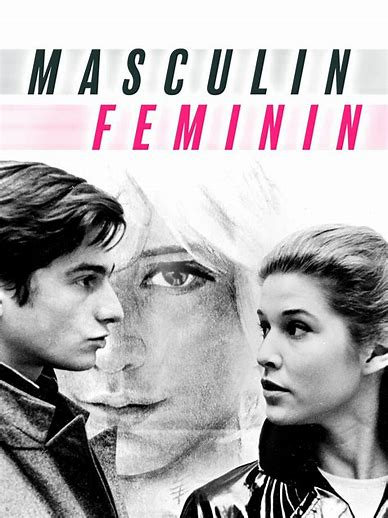Jules Dassin’s unappetizing Phaedra, vaguely rooted
in Greek mythology, starts by immersing us in the opulent, hard-driving life of
shipping magnet Thanos (Raf Vallone), his wife Phaedra (Melina Mercouri) positioned
as a prize possession. He asks her to go to London to help talk his son and intended
heir from an earlier marriage (Anthony Perkins) out of the dream of being an
artist; instead, the two start an affair, of course knowing it can only end badly.
There’s little sense of passion in the film though, given the significant lack
of chemistry between the two actors: Mercouri is somewhat less grating than usual,
but at the cost of merely being stiff and dull, and Perkins seems miscast and
distant. The emphasis on wealth and privilege is off-putting from the start, attaining
full-on moral bankruptcy in its climactic stretch, in which Thanos learns from
his wife what’s happening and banishes his son, this taking place against the
news that one of the company’s ships (the one named after Phaedra, naturally)
has sunk off the coast of Norway; with the death toll yet to be reported, the black-clad
wives of the crew crowd the corridor outside Thanos’ office to wait for news,
the arrival of which is intertwined with the fate of the two transgressors.
Whatever Dassin had in mind, the effect is of reducing calamitous loss and
suffering to mere backdrop, embodied by the (albeit superficially arresting)
image of Mercouri in a chic white dress and sunglasses pushing through the sea
of black, gaining the entry denied to those others, her turbulent relinquishment of her
place at the top flight of capitalism granted greater validity than the social
tragedy unfolding around her (in which she shows not an iota of interest). If any
aspect of this is intended to be damning, or even just darkly ironic, it’s hardly
evident, any more than the film’s broader reason for existing.





































